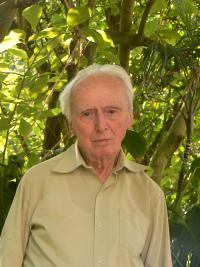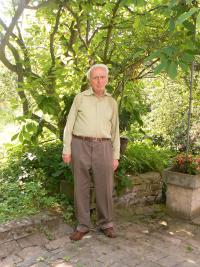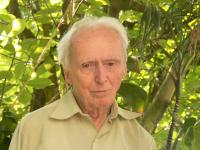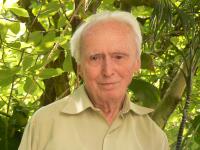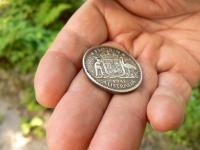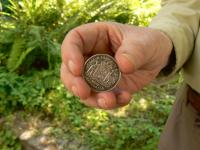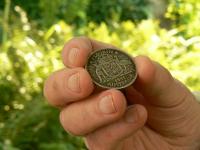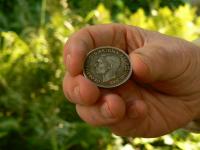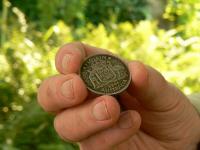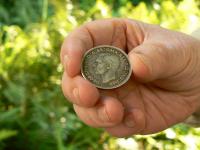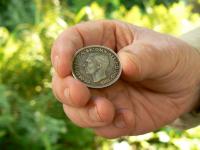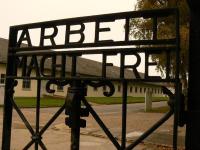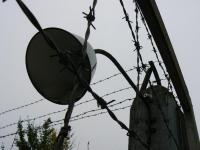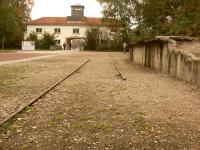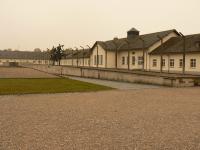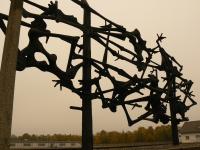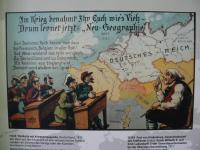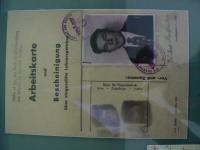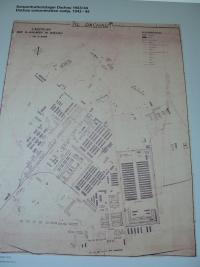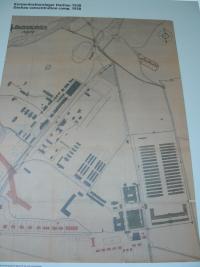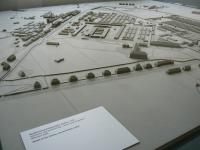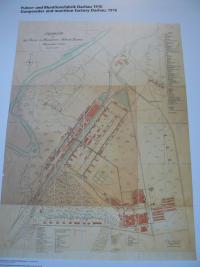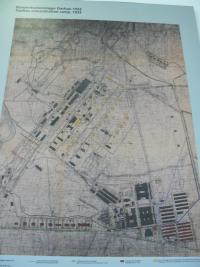In Dachau, I went through so many searches but they didn’t find that coin - I still have it today.
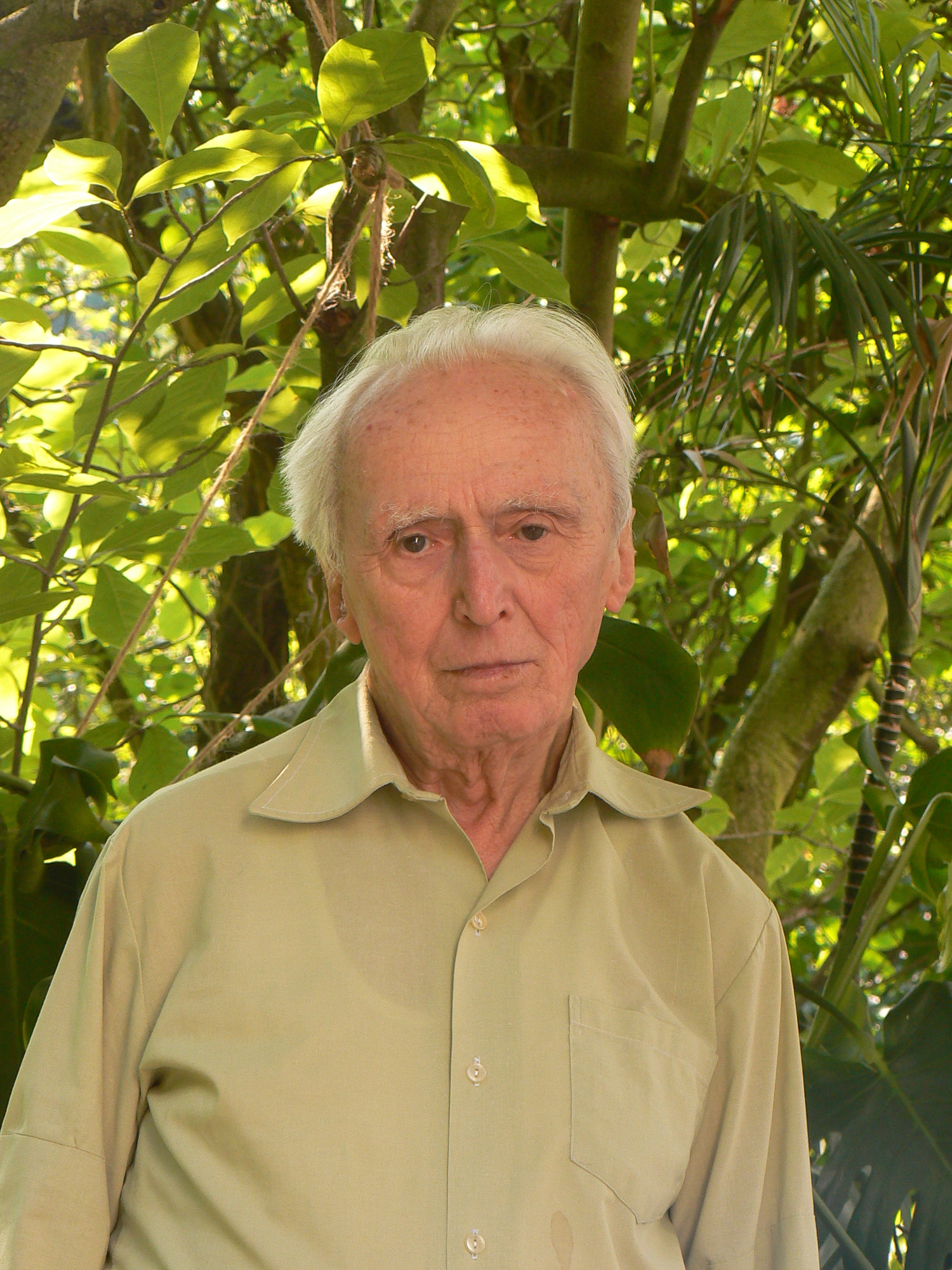
Download image
Antonín Srch was born in 1922 in Písek. He graduated from secondary school in 1940. After the completion of his studies, he couldn’t find a job and therefore decided to go to Germany. Manual labor wasn’t easy in Germany. He wrote an application letter to the Siemens Company and was hired for work in Erlangen nearby Nuremberg, where he worked in a filing cabinet. At Siemens, he and his friends occasionally got involved in sabotage activities. They would also exchange letters with a number of people from Ukraine. They were, however, denounced to the Gestapo and arrested, even though Antonín Srch tried to escape. But it was in vain. In the spring of 1943, he got into custody after he was interrogated by the Gestapo. He went through a number of courts. The Supreme Court sentenced him to death but his lawyer managed to moderate the penalty. After the trial, he spent the next two years in various prisons all over Germany, i.e. in prisons in Nuremberg, Munich and Schwandorf. In 1944, the allied air raids on Nuremberg began and the prison where Mr. Srch was imprisoned was hit as well. In total, he spent 18 months in prison and he served the rest of his term in the Dachau concentration camp, where he arrived in May 1944. In Dachau, he worked in the locomotives repair shop, at block Nr. 30 and then - until the end of the war - he worked at the infirmary. He returned to Písek on 23 May, 1945. After the war, he studied at the School of Chemical Engineering and after his graduation he began working for the Chudeřice glassworks. Today he lives in Prague.
